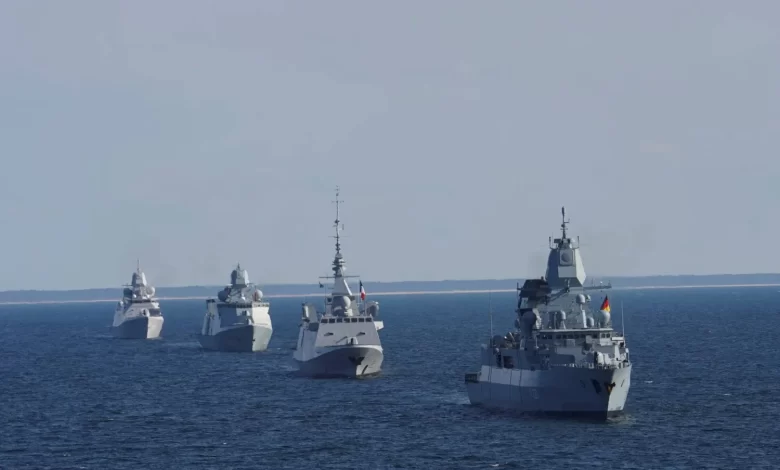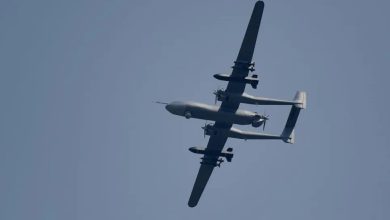InternationalNews
NATO Increases Military Presence in the Baltic Sea After Cable Sabotage

NATO Secretary-General Mark Rutte said on Tuesday that NATO will deploy ships, aircraft, and drones in the Baltic Sea in response to the sabotage of several underwater cables, with Russia suspected of being behind the attacks.
Rutte made this statement following a meeting in Helsinki of countries bordering the Baltic Sea, according to the French Press Agency.
Rutte explained in a press conference: “I will not go into specifics regarding the number of ships, as this may vary from week to week, and we do not want to give the enemy more awareness than they already have.” He added: “The important thing is to use appropriate military means in the right places to deter future destabilizing actions.”
Several communication and electricity cables have been damaged in the Baltic Sea in recent months. European officials and experts suspect these attacks are part of a “hybrid war” being planned by Russia.
A meeting of NATO officials from countries bordering the Baltic Sea was held on Tuesday in Finland to discuss ways to strengthen security. Rutte added: “This military activity is part of our ongoing efforts to strengthen our military presence and monitor key areas of our alliance.”
A small fleet of maritime drones will be deployed “to improve surveillance and deterrence.”
NATO said in a statement that this operation would continue for an indefinite period.
The alliance had previously sent two ships to monitor maritime facilities and Russia’s “ghost fleet” of aging, poorly secured vessels flying foreign flags. Moscow is accused of using these ships to transport oil in defiance of international sanctions. The Helsinki meeting, chaired by Finland and Estonia, included officials from Denmark, Germany, Latvia, Lithuania, Poland, Sweden, as well as the European Commission’s deputy head Hina Verkoinen.
Recent events in the Baltic Sea have led NATO to deepen its understanding of this maritime area, as noted by researcher Eero Sarka from the Finnish Institute of International Affairs.
She said that the new military operation will serve as a “deterrent and a strategic signal that NATO is ready to act.”



